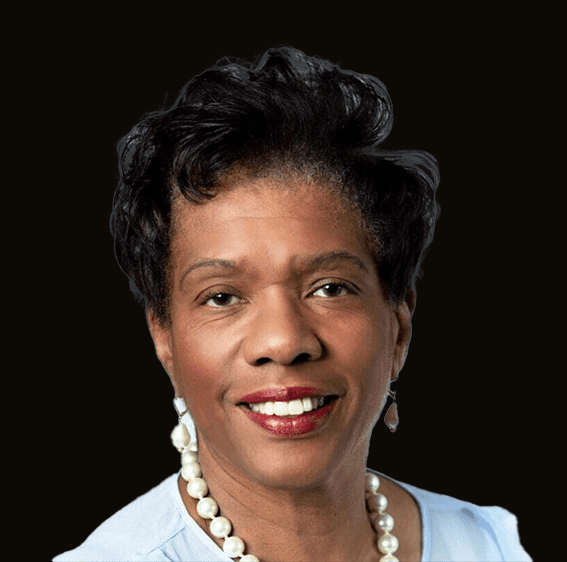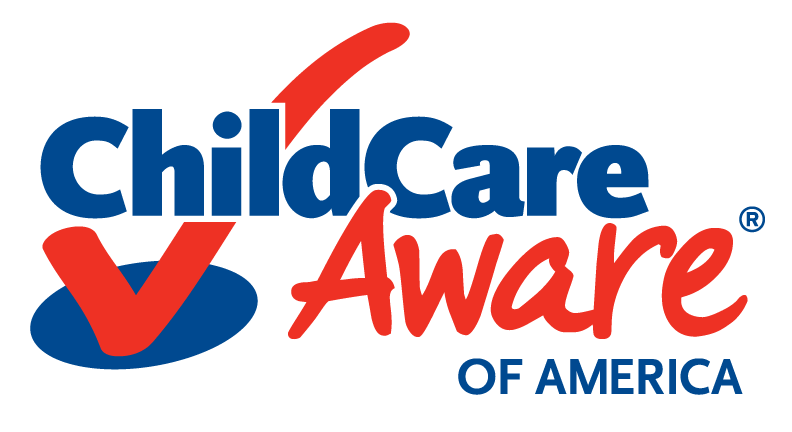
Position: Commissioner
Location: Lincoln, Nebraska
Organization: Colorado Behavioral Health Administration
Dannette R. Smith was appointed Commissioner of the Behavioral Health Administration for the state of Colorado in February 2024. She brings more than 25 years of executive leadership experience in large, complex organizations to the state. Smith previously served as the CEO of the Department of Health and Human Services for the state of Nebraska. Prior to joining DHHS, Smith was the Director of the Virginia Beach Department of Human Services. She has also worked in a leadership capacity in Cook County, IL; Mecklenburg County, NC; Atlanta, GA; and Seattle, WA.
Smith has been a catalyst for creating innovative programmatic and technological solutions and to improving the operational structures. A fiscally adept leader, Smith’s expertise in budget oversight helps ensure solvency in managing federal and state funding. In Nebraska and other jurisdictions, she has been closely involved with Chambers of Commerce, Economic Development Departments, law enforcement agencies and community engagement advocates in workforce development. Smith’s banking and financial literacy initiatives, in partnership with those organizations, have helped individuals in those communities move toward self-sufficiency and autonomy.
Smith attributes much of her success to community engagement and the belief that when you bring stakeholders to the table, whether opposed or supportive, there is great opportunity for creative solutions. She holds a Bachelor of Science in Psychology from Eastern Michigan University and a Master of Social Work from the University of Illinois in Chicago.
Read an interview with new board member Dannette Smith
Q: Was there a moment or event that inspired you to enter the early childhood education profession?
A: I entered the early childhood education arena inadvertently. Through a series of career advancement
opportunities, I found myself working for a non-profit early education program called the Center for New
Horizons, the largest subsidized agency in the city of Chicago. At that time, there were 702 subsidized
ECE slots and 102 full day Head Start slots. The program was innovative in that the centers were
embedded in the communities, most often in the public housing communities throughout the city. The
curriculum was Afrocentric and focused on parent/child relationships, cultural heritage, and community
engagement.
As the VP of Center for New Horizons, I was responsible for overseeing all programs. I thoroughly loved
working in early childhood programs because I was able to see firsthand how instrumental early childhood
programs can be as they serve to form a solid foundation for a child’s educational attainment. The staff
and I often would receive feedback from the kindergarten programs at the various feeder schools on the
Southside of Chicago. One of the best commendations we would receive was that the children were more
than prepared with their basic skills and well-positioned to begin a kindergarten curriculum.
Q: When did you first learn about / become involved with CCAoA?
A: Child Care Aware of America board member approached me; she believed that my practical experience
and expertise would be an asset to the board. She also appreciated my passion for these types of programs.
While I lead a state agency, I am still a social worker at heart. I personally felt that joining the board would
allow me a unique opportunity not only to learn about the state of early childhood education in the country,
but also to be a part of a group where thought partners and peers could share best practices for both
theory and application in early childhood programming.
Q: What aspect(s) of early care and education are you most passionate about?
A: Center-based classroom settings excite me, as well as the ability to work directly with parents to enhance
skills, as both are vital to improving educational outcomes for children. Additionally, opportunities for technology utilization, foreign language development, as well as being able to provide exposure to innovative experiences for parents are very important. Once you get parents and guardians on board, it allows for greater engagement of children and families.
In Nebraska, we are working on an early childhood education continuum. As part of this work, we
expect to involve interns and other young people to garner early interest and exposure to the many
career opportunities within ECE. I believe when you can be creative in ways that enhance and embellish
programming and work with center directors to provide necessary tools to support more than the minimal
standard, outcomes can and will be improved exponentially for families.
Q: From your perspective, what is the single most important step we can take to build a better child care system?
A: Early childhood education is and will continue to be a necessary staple for communities. Aspiring
professionals should consider this career path as one that provides stability and longevity. However, paying
classroom teachers a wage that allows them to be able to support their families, as well as incentivizing
credentialing/degree attainment, is necessary to allow these professionals to grow and develop. Buy-in
for early childhood education is needed, so that legislators and others involved with setting pay rates
understand the positive impact of retaining passionate and competent educators in this field. The ability to
retain ECE staff should be viewed as an economic and educational imperative.


